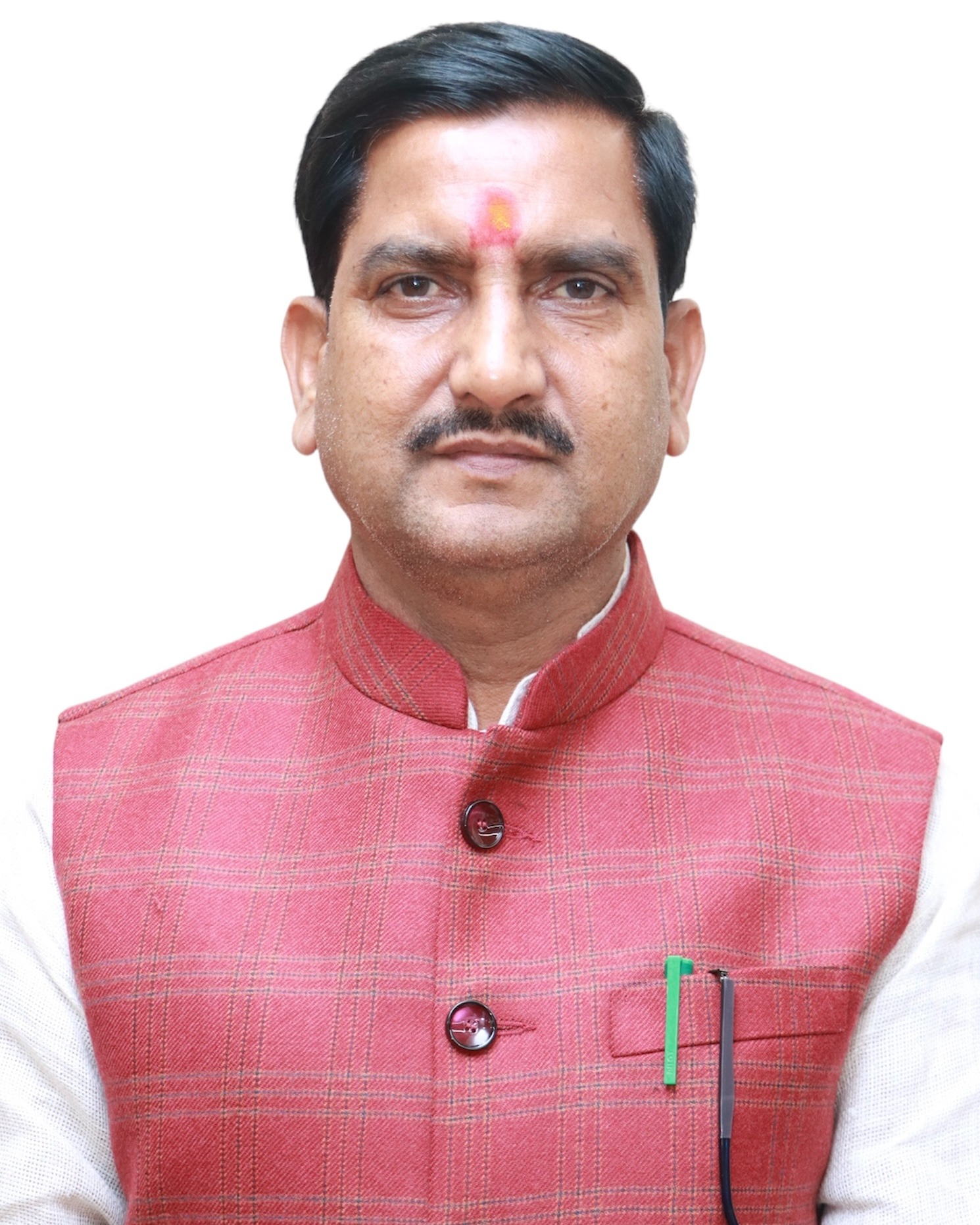New Delhi/Raipur, September 12 (HS). Minister of State for Housing and Urban Affairs Tokhan Sahu on Thursday reviewed the status of the PM-e-Bus Seva Yojana for the deployment of 10 thousand electric buses on the PPP model in 169 cities.
Union Minister of State Sahu directed to address any challenges and monitor the progress to achieve desired results for urban transport and sustainability.
Chhattisgarh has been given Rs 30.19 crore in the first tranche of the PM-e-Bus Seva scheme, which will promote e-transportation in four cities: Raipur, Durg-Bhilai, Bilaspur and Korba.
For Chhattisgarh, all infrastructure proposals for the procurement of e-buses have been approved, including development of civil depot infrastructure and power infrastructure for charging. “This ambitious project is an important step towards a more useful and efficient public transport system for Chhattisgarh,” the minister said.
Under this scheme, 240 e-buses have been approved for the four cities. The minister highlighted that this initiative will not only enhance the quality of public transport but will also contribute to environmental sustainability goals in the cities.
Emphasizing on the wide-reaching impact of the initiative, he said, “This is a very good initiative which is in line with our Prime Minister’s vision of reaching net zero carbon emissions by 2070. By reducing the carbon associated with both personal and public transport, we are making a significant contribution towards our national climate goals.”PM-e-Bus Seva Yojana” was launched on 16th August 2023 by the Government of India with the objective of enhancing bus operations by deploying 10,000 electric buses on PPP model in 169 cities and upgrading infrastructure in 181 cities under the Green Urban Progressiveness initiative. The main goal of the scheme is to develop and upgrade depot infrastructure as well as create behind-the-meter electrical infrastructure, such as substations for e-buses. The scheme also envisages green initiatives such as bus priority, infrastructure, multimodal interchange, charging infrastructure and NCMC-based automated fare collection system.
 look news india
look news india

